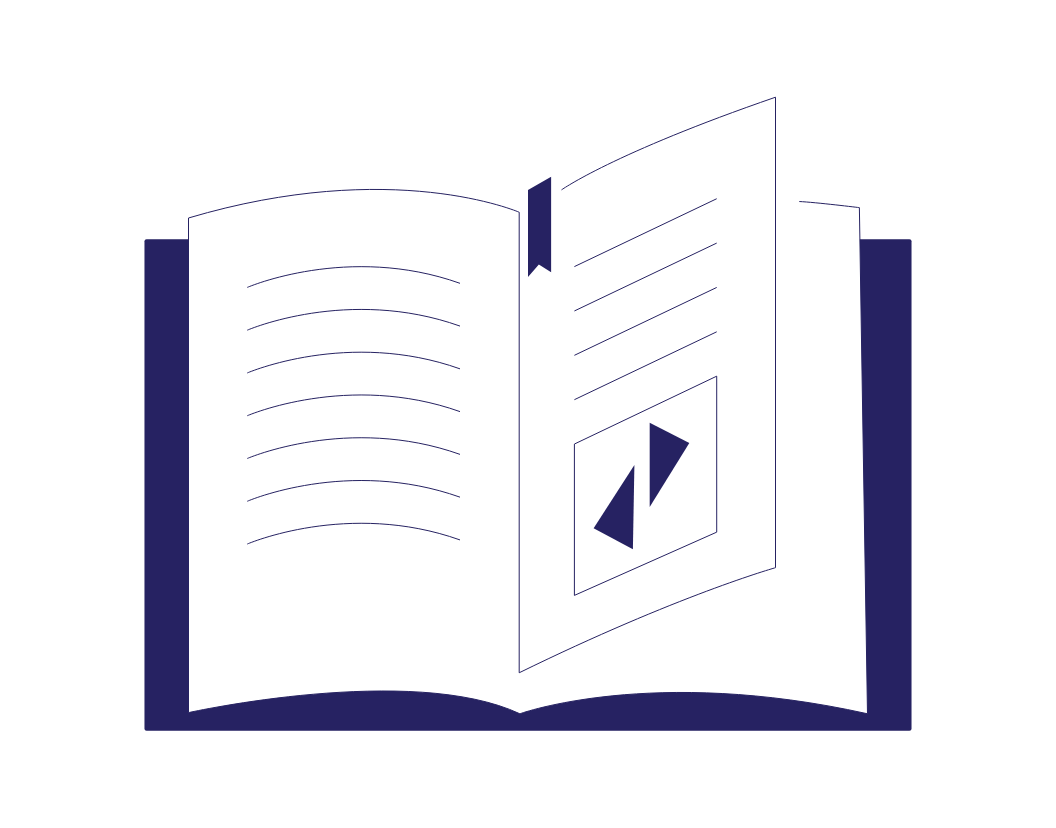
-
4-minute read
-
1st October 2015
How to Reference an Edited Book – APA Style
Even if you’re familiar with the basics of the American Psychological Society (APA) style guide, referencing different source types can be tricky to master. Herein we offer a little advice on how to reference an edited book using APA referencing.
APA Style and Edited Volumes
The APA system is commonly used for academic texts in the social sciences. A general author–date format is utilized for in-text citations, with full publication details included in an alphabetically ordered reference list at the end of your paper.
The main issue here for an edited book is who to cite:
- If you are citing an edited book where the whole book was written by the same author or authors (e.g. an anthology of a writer’s work), cite the author(s) in citations. You will only need to mention the editor in the reference list unless citing additional material they wrote (e.g. a foreword).
- If you are citing an edited book with multiple chapter authors as a whole, cite the editor or editors in place of an author in the main text.
- If you are citing a single chapter or essay from a collection with multiple authors, cite the author of the chapter or essay.
For instance, we could cite a chapter from an edited book like this:
Coren (2004) makes many bold claims about edited books.
You would then give details of the chapter and container volume in your reference list. We will look at the different reference formats you might use below.
Citing a Chapter from an Edited Book
List a single chapter from an edited volume as follows:
Author Name, Initial(s). (Year). Title of chapter. In Editor Name (Ed.), Title of book (page numbers). Publisher.
For instance, this would look something like the following:
Author, A. (2007). My essay. In A. N. Editor (Ed.), Editing a collection: Adventures in anthologies (pp. 6-12). PMP Publications.
It’s important to cite the chapter author in the main text of your paper when referencing a single chapter, not the editor of the volume as a whole.
Citing a Whole Book
When citing the volume as a whole, the editor’s name and initials should be included in place of the author’s:
Editor’s Surname, Initial(s). (Ed.) (Year). Title: Subtitle. Publisher.
The abbreviation “(Ed.)” is included in parentheses to indicate that this is an edited volume. In the reference list, this would appear as:
Editor, A. N. (Ed.) (2007). Editing a collection: Adventures in anthologies. PMP Publications.
Find this useful?
Subscribe to our newsletter and get writing tips from our editors straight to your inbox.
Subscribe to Beyond the Margins and get your monthly fix of editorial strategy, workflow tips, and real-world examples from content leaders.
A text with two or more editors simply requires that you include all of the editors’ names in the reference.
Editor, A. N., & Compiler, B. A. (Eds.) (1986). Collected works. PMP Publications.
If you’re citing an entire edited volume like this, make sure to give the editor’s (or editors’) name in your in-text citations.
Edited Volumes with a Single Author
When referencing an edited collection of writing by one author, such as a poetry anthology, the author’s name should be used for the primary reference and the editor’s name should be included after the title:
Wordsmith, A. (1974). Wordsmith: A collection. A. N. Editor (Ed.). PMP Publications.
The in-text citations for this reference would then use the author’s name:
To quote one poet (Wordsmith, 2013), “Poetry is more than just rhyming” (p. 12).
Reprinted Works in Edited Books
Sometimes, an essay from a collection will have been published elsewhere before. When this happens, APA referencing requires you to cite both the original date of publication and the date the source was republished. For example:
In the essay, Mallard (1990/2018) writes passionately about ducks.
Here, for instance, the first date is the original date of publication, and the second date is the year the essay was republished as part of a collection.
In the reference list, meanwhile, you would give the details of the original publication in parentheses at the end of the reference. For instance:
Mallard, D. (2018). Ducks in edited literature. In R. Jones & B. Smith (Eds.), Strong opinions from the past: A collection of animal-obsessions (pp. 51–75). Made-Up Publications. (Reprinted from “Ducks in edited literature,” 1990, Psychology of Popular Media Culture, 8[3], 207–217).
This will let your reader find either version of the source.
Expert APA Proofreading Services
Hopefully, this post helps you reference edited books in APA style. If you’d like to learn how to cite 50+ other source types in APA style, as well as frequently asked questions relating to APA, check out our free online APA guide. Alternatively, if you’d like an APA expert to check your work, discover our APA proofreading services.




